10 Foods You Must Avoid To Lose Weight in 2024
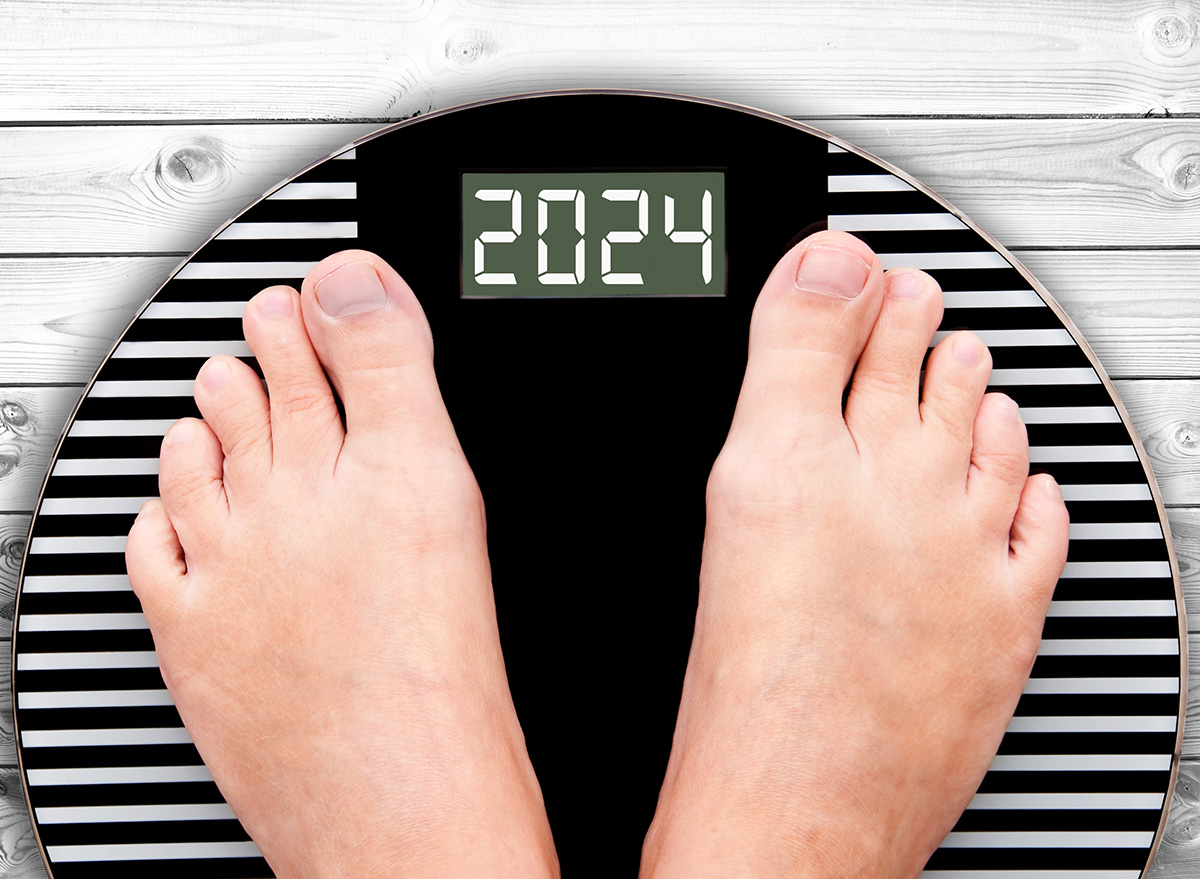
If weight loss is one of your goals heading into 2024, you have likely spent some time researching the best approaches. You have no doubt come across countless diet options, medications that aid the process, and supplements that may encourage weight change, too. With so many ways to achieve weight loss, choosing the strategy that suits your lifestyle, food preferences, and health status is essential.
Building your own plan for weight loss may help you be more successful than following a generic diet. In building a strategy to meet your needs, think about changes you are willing to make that feel maintainable. Sure, anyone can cut something out of the diet for a week or two, but making changes that can last months, or longer, may allow you to be more successful. Additionally, a weight loss plan should include some activity. Consider your starting point of activity and determine a reasonable increase that feels maintainable, works within limitations you may have, and includes exercise that you look forward to.
Lastly, evaluate your diet and determine areas for improvement. For some, this may be increasing certain foods, like fruits and veggies, and for others avoiding particular items may create more momentum. If you are considering improving your diet for weight loss, here are 10 specific grocery store foods you should avoid to lose weight in 2024.
Cabot Triple Cream Vanilla Bean Greek Yogurt
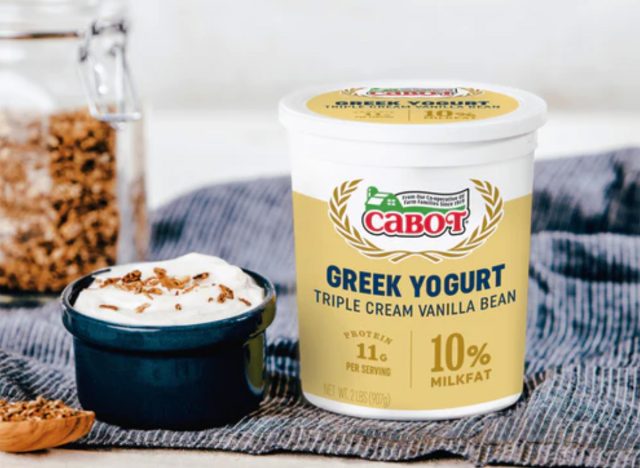
This yogurt option and others that are loaded with added sugar aren't helpful for weight loss. While this yogurt does provide 11 grams of protein per serving, it also contains 21 grams of added sugar. This type of sugar provides little nutritional value, and may actually encourage weight gain. Look for lower and no-sugar yogurt options that are also high in protein for weight loss-friendly snacks and meal components.
Jimmy Dean Sausage Croissant Breakfast Sandwich
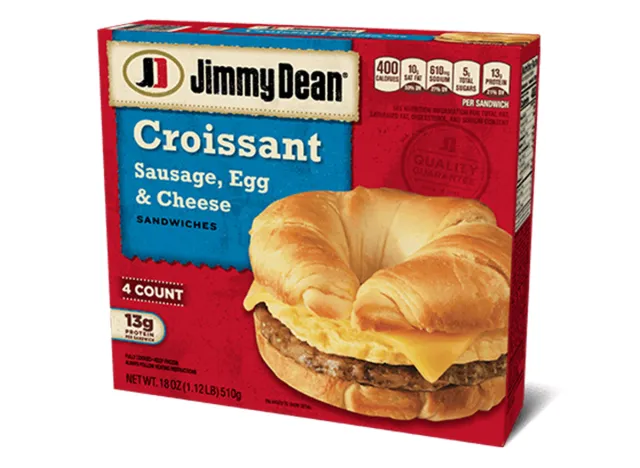
While this frozen breakfast option is convenient and provides 13 grams of protein and 2 grams of fiber, it also comes along with a whopping 26 grams of fat. Fat is an essential nutrient and has a higher satiety value than carbs, but the amount of fat it provides given the total calorie amount is excessive. You would be better off making your own breakfast sandwich at home with a whole grain English muffin that provides more fiber and choosing proteins like egg, cheese, and ham that are much lower in fat. Add a fruit on the side for a balanced meal that serves your weight loss goals.
Cap'n Crunch
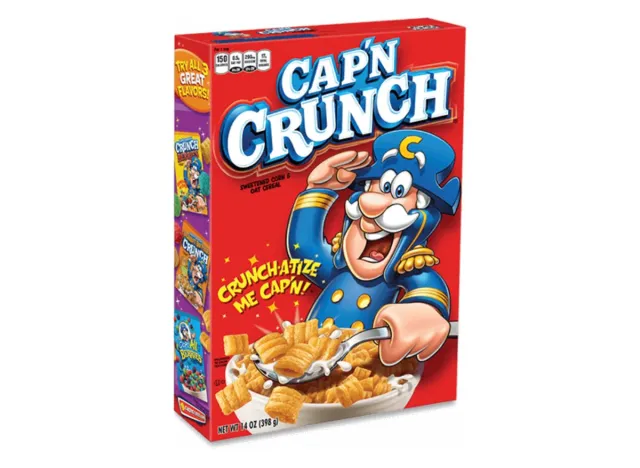
A bowl of cereal and milk may make for a quick and easy breakfast option (and one the whole family enjoys), but the sugar content of many cereals can seriously slow weight loss progress. The original Cap'n Crunch cereal packs 16 grams of added sugar in just one cup of cereal and provides no fiber. It also contains only 2 grams of protein and is made with food dyes and colorings, and questionable preservatives. While cereal can be part of a weight loss diet, choose a low-sugar option and pair it with a protein source. For example, serve your high-fiber, low-sugar cereal over plain Greek yogurt for a healthy parfait.
Coca-Cola
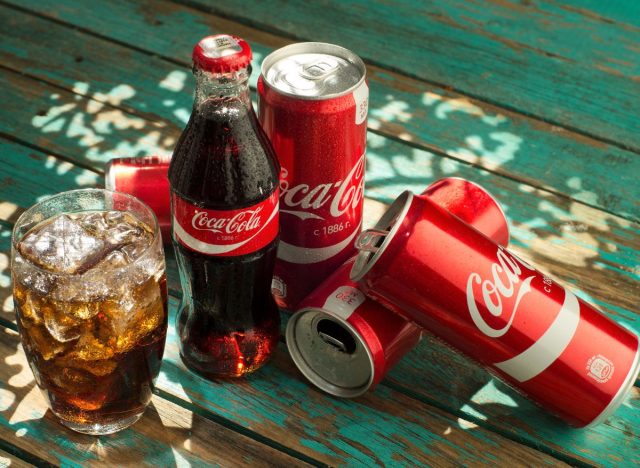
It is likely no surprise to see soda on this list, and Coke isn't the only one you should avoid when trying to lose weight. Most traditional sodas have a similar nutrient profile, providing over 50 grams of sugar per 20 oz bottle (but in the case of regular Coke, make that 65 grams!). With many people enjoying multiple servings of soda per day, the grams of sugar climb quickly. If you love carbonated drinks and enjoy the sweetness they provide, look for diet options and those made with stevia, a healthier zero-calorie sweetener. Also, consider skipping sweetened soda and instead try flavored carbonated water that provides no added sugar and contains zero sugar substitutes.
Starbucks Frappuccino Mocha Coffee Drink
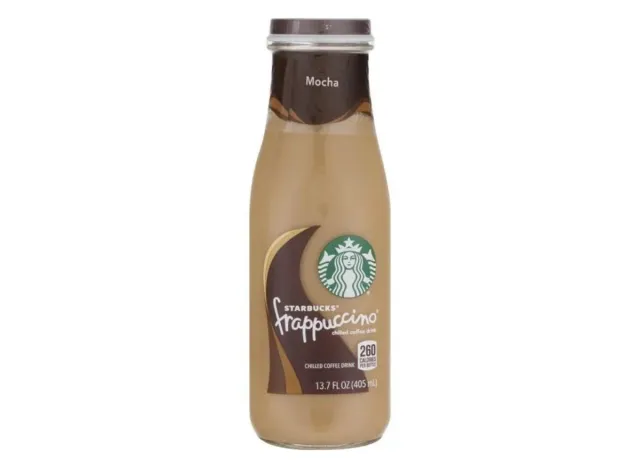
Soda isn't the only sugary drink; bottled and prepared coffees can pack a surprising amount of added sugar. This Starbucks option contains 47 grams of added sugar, more than many people should have in an entire day! Coffee drinks that contain dairy milk do provide protein, giving them an advantage over soda, but you are better off sticking with plain ol' joe. Black coffee provides few calories, and adding a splash of milk won't move the needle much either. A teaspoon of sugar provides only 4 grams of sugar, making it much more beneficial for weight loss goals.
Wonder Classic White Bread
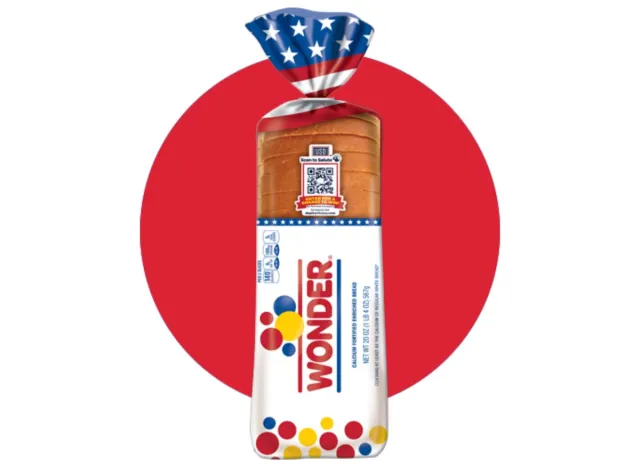
Bread can absolutely be part of a weight loss diet, but old-school white bread isn't helping you to your goals. While this product is relatively low in calories per slice, it provides added sugar, and minimal fiber and protein. This means it is not as filling as other bread options, and could leave you hungry shortly after your meal. Instead of white bread, go with a whole-grain option. A variety that provides at least 3 grams of fiber per slice (here, it's 1.5 grams per slice), a few grams of protein, and no added sugar is more likely to be satiating and keep you satisfied after your breakfast toast or lunch sandwich.
Skittles
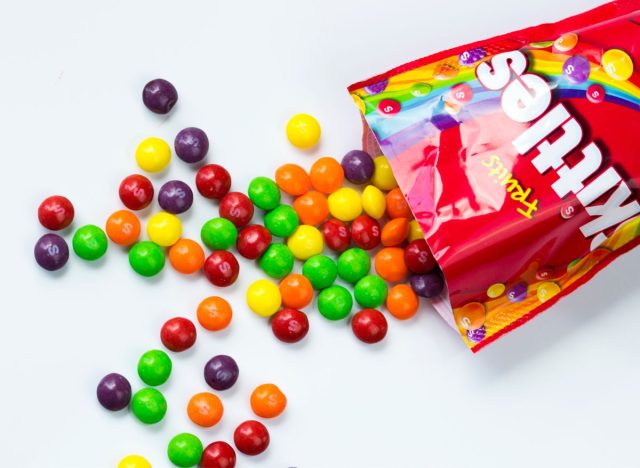
A well-known candy around the world, this sweet treat is a concentrated source of empty calories. With 45 grams of added sugar per serving, and no fiber or protein, there isn't much nutritional value here. Sure, a small portion of candy or other sweets here and there can fit into a weight loss diet, but there are more nutritious options. For example, dark chocolate-covered nuts, a square of dark chocolate, and homemade banana "nice cream" are foods that satisfy a sweet tooth with less added sugar and more nutritional value.
NutriGrain Breakfast Bar
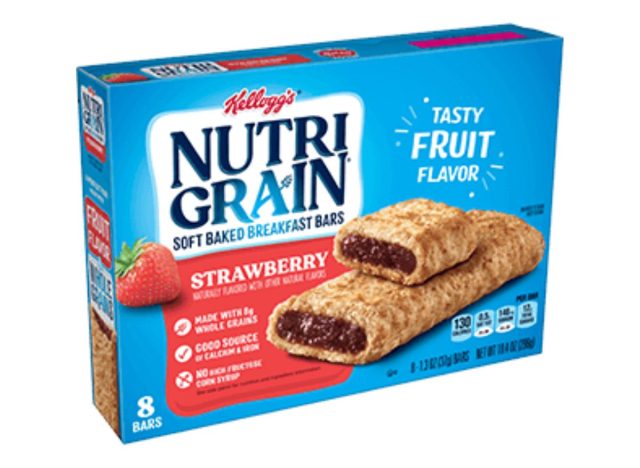
If this is what you are reaching for breakfast or a morning snack, you're slowing your weight loss progress. Not because it is a high-calorie food, but because its breakdown of calories doesn't make it especially filling. Eating foods that are largely made of empty calories, like this NutriGrain bar, means you are more likely to feel hungry soon after, potentially leading to overeating throughout the day. Not to mention, the added sugar content could make weight gain more likely. If bars are an easy meal and snack option for you, look for one with at least 8 grams of protein, 3 grams of fiber, and fewer than 5 grams of added sugar. The less sugar, the better!
Welch's Fruit Snacks
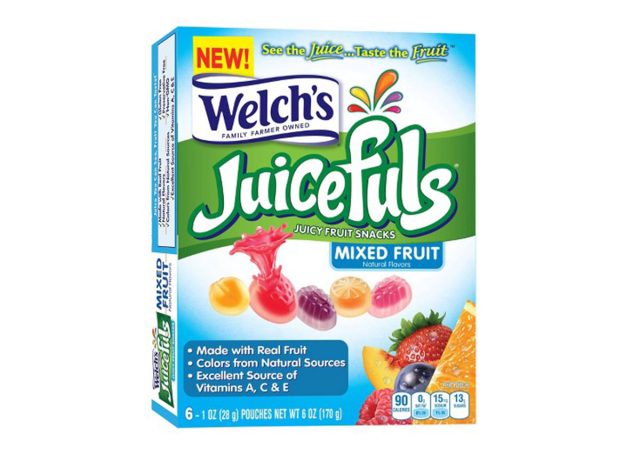
A common snack in many packed lunches, these fruit snacks won't benefit your weight loss goals. Similar to many of the other items on this list, nearly all of its calories come from added sugar. At only 90 calories a serving, you may think of this as a weight loss-friendly food, but there are countless other snacks under 100 calories that will aid your progress. For example, a single serving of fresh fruit is around the same number of calories and provides a few grams of fiber as well. Additionally, you can get 100-calorie packs of nuts or enjoy a string cheese for a similar number of calories and a better nutrient profile.
RELATED: 8 Best Trader Joe's Snacks for Weight Loss That Are 100 Calories or Less
Bolthouse Farms Strawberry Parfait Smoothie
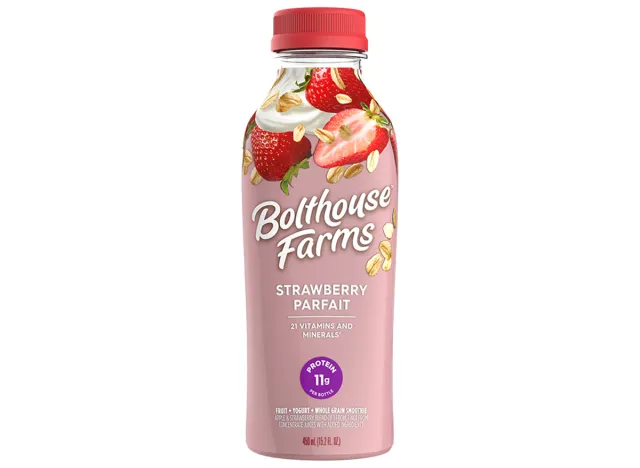
Bottled smoothies and juices have gained popularity in recent years. While these drinks can be a way to incorporate produce into your day, watch out for options that are loaded with added sugar. This bottled smoothie, for example, contains 28 grams of added sugar. It also provides 11 grams of fiber and 11 grams of protein, which is a plus, but you are better off making your own smoothie without any added sugar. A combination of frozen fruit, plain Greek yogurt, water, and chia seeds in a blender at home makes for a much healthier smoothie that is more likely to support your weight loss goals.









